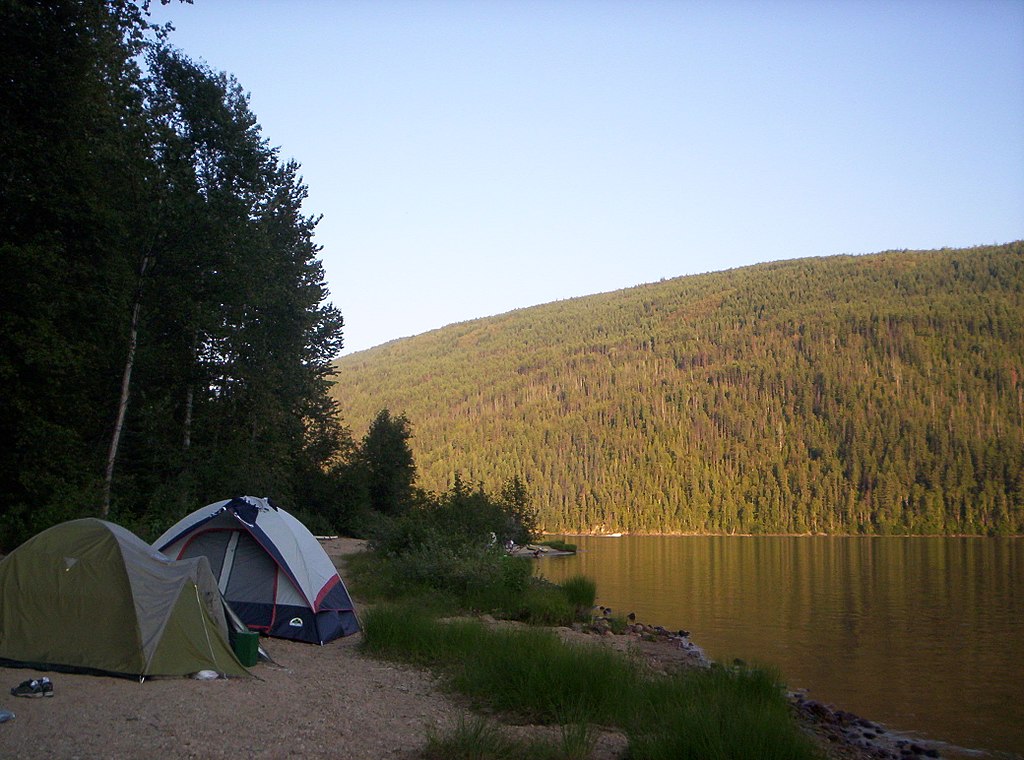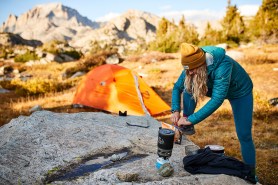

To prevent Lyme Disease, it’s easy to suggest someone stay away from regions where deer ticks thrive. But for those of us drawn to the outdoors for hiking, camping or even spending time in your own backyard, this is not a reasonable task. You can, however, reduce the risk of being affected by Lyme’s with some basic safety measures.
Videos by Outdoors with Bear Grylls
Cover Your Body
Wear shoes or boots, long trousers/jeans tucked into your socks, a full sleeved shirt, a cap and gloves. Make an attempt to stay on trails and try not to stroll through low shrubs and long grass. If you have brought your dog with you, keep it on a leash.
Bug Repellent
Apply bug repellent with a high volume of DEET chemical on your skin. If you’re camping or hiking with kids, then apply this repellent on their skin also, but avoid the eyes and mouth. These chemical repellents can be lethal, so be sure to follow all the directions properly. You can also apply items with permethrin on your garments or purchase pre-treated clothing before visiting forests or wooded areas.
Try To Make Your Yard Tick-Proof
Clean all the areas where ticks might thrive, and store woodpiles in an area with direct sunlight.
Check Everyone Frequently for Ticks
Search yourself, kids and pets frequently and very carefully after spending any amount of time in wooded areas. Take a bath when you come back to your home after camping or hiking; ticks frequently stay on your skin for a considerable length of time before sticking themselves. Bathing and drying with a towel may remove the unattached ticks.
Know Where to Look for Ticks
The most common areas to find ticks on the body are: in and around the ears, under the arms, around the waist & abdomen, between the legs, behind the knees, inside the belly button and in and around all head and body hair. Of course, don’t forget to check your clothes and pets, too!
Expel A Tick As Quickly As Possible With Help Of Tweezers
Delicately get the tick from its head or mouth area. Try not to press, squeeze or smash the tick, instead pull properly and carefully. After you’ve extracted the whole tick, dump it and apply antiseptic cream on the bitten area.
Remember, no one is immune from this disease. It is possible to be affected by Lyme’s Disease more than once.









